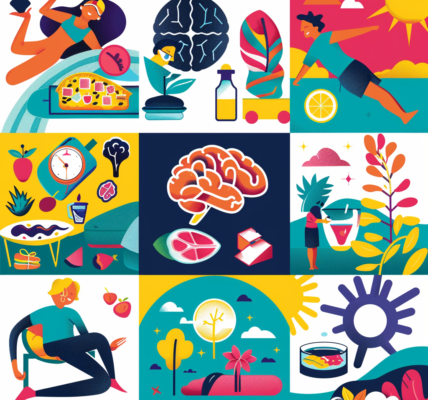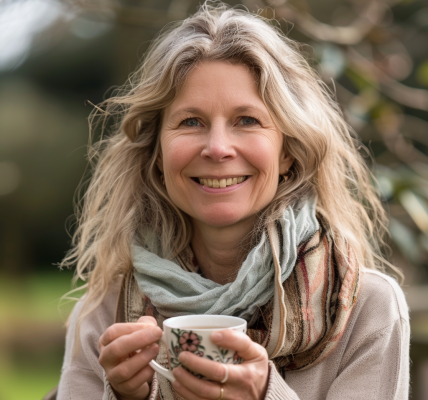Surveys conducted over the past three years reveal a persistent mistrust among Americans regarding the science behind COVID-19 vaccines, with approximately 35% of adults expressing skepticism. Research conducted by the City University of New York (CUNY) and the Barcelona Institute for Global Health highlights demographic disparities in trust levels, indicating that men, individuals with higher education, and those who have experienced personal loss due to the virus exhibit greater confidence in vaccine science.
The analysis, published in the journal Vaccine: X, evaluated responses from online surveys conducted in 2021, 2022, and 2023. The aim was to explore factors influencing COVID-19 vaccine acceptance across 23 countries. The findings suggest that general trust in science has become a crucial element in public health discussions, particularly regarding vaccine uptake and willingness to receive future booster shots.
According to the survey data, 50.9% of respondents were women, and 35.7% held university degrees. In 2023, 36.1% reported incomes both above and below the U.S. median, while one-fifth of participants indicated no income. Notably, 31.5% of respondents reported losing a family member or close friend to COVID-19, with 10% experiencing this loss within the past year.
The trust in science showed slight variations over the years, with 63.9% in 2021, 67.2% in 2022, and 63.8% in 2023 expressing faith in scientific findings. However, these figures remain lower than global averages and those from other high-income countries.
In 2023, the data indicated that trust in COVID-19 vaccine science was significantly higher among men (adjusted odds ratio [aOR, 1.42]), university graduates (aOR, 2.37), and those with incomes above the median compared to those with no income (aOR, 1.74). The researchers emphasized the need for improved science literacy, particularly among younger and less affluent demographics. They suggested that science education in various school levels could play a vital role in fostering an understanding of scientific thinking and its contributions to human well-being.
Interestingly, the study found that trust in science did not significantly correlate with age or race. However, trust levels were markedly higher among participants who reported losing someone to COVID-19, with an adjusted odds ratio of 3.91 for those who experienced a loss within the past year and 2.20 for those who lost someone more than a year ago.
The researchers noted that direct experiences with loss could profoundly influence individuals’ perceptions of vaccine science, potentially leading to increased trust. This highlights the complex interplay between personal experiences and public health perceptions.
As the pandemic continues to evolve, understanding these dynamics becomes increasingly important for public health officials and policymakers. The findings underscore the need for tailored communication strategies that address the concerns and beliefs of different demographic groups, particularly those with lower trust levels in science.
Furthermore, the study’s results indicate that fostering a culture of science literacy from an early age could enhance public understanding and acceptance of scientific advancements, including vaccines. By promoting critical thinking and scientific inquiry in educational settings, future generations may be better equipped to navigate health-related challenges and make informed decisions.
These insights into public trust in COVID-19 vaccine science shed light on the broader implications for health communication and education. Addressing mistrust through targeted initiatives could be key to improving vaccine uptake and ensuring that communities are better prepared for future public health crises.
In summary, the ongoing analysis of public trust in vaccine science reveals significant trends and disparities that warrant attention. As health authorities work to combat misinformation and enhance vaccine acceptance, understanding the factors that influence trust will be essential in shaping effective public health strategies.





